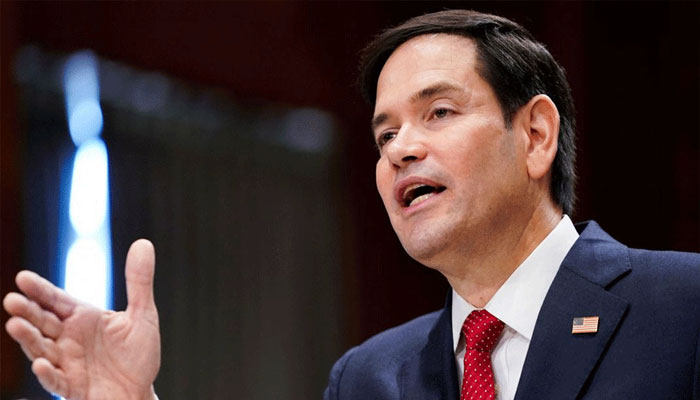US Declines G20 Attendance Over South Africa’s Controversial Land Reform Law
Rubio's Decision Highlights Trump's Skepticism Towards Multilateral Diplomacy

WASHINGTON – United States Secretary of State Marco Rubio has announced he will not attend the upcoming Group of 20 (G20) foreign ministers’ meeting in South Africa, citing a growing dispute between the US and Pretoria over South Africa’s controversial land expropriation law. Rubio’s decision, made public on Wednesday, follows a threat from former President Donald Trump to cut aid to South Africa in response to the legislation that permits the government to seize land without compensation in certain cases.
The G20 meeting is scheduled for February 20-21 in Johannesburg, where South Africa is currently serving as the G20 president until November 2025. Rubio, a prominent figure in the Trump administration, expressed his frustration on social media, criticizing the law as harmful and accusing South Africa of promoting anti-American sentiment under the guise of international cooperation.
“South Africa is doing very bad things. Expropriating private property. Using G20 to promote ‘solidarity, equality, [and] sustainability.’ In other words: DEI and climate change,” Rubio wrote on X, formerly Twitter. “My job is to advance America’s national interests, not waste taxpayer money or coddle anti-Americanism,” he added, confirming his absence.
The land expropriation law, passed last month by South African President Cyril Ramaphosa’s administration, allows the seizure of land without compensation if deemed “just and equitable” and in the public interest, particularly in cases where the land is unused. The legislation is intended to address racial disparities in land ownership, a legacy of apartheid, as Black South Africans hold a disproportionately small share of privately owned farmland.
Despite defenses from Ramaphosa, the law has sparked division in South Africa, with the opposition party, the Democratic Alliance (DA), expressing concerns that it undermines property rights and could deter foreign investment.
Critics of Rubio’s decision argue that his absence weakens US foreign policy and strengthens rival powers like China. Andrew Bates, former White House senior deputy press secretary under President Joe Biden, labeled the move a “show of weakness,” warning it could harm US national security and economy. “If you’re not at the table, you’re on the menu,” Bates posted on social media.
Read More: Pakistan Rejects Trump’s Gaza Statement as Unjust, Reaffirms Support for Palestinians
Rubio’s decision reflects a broader trend under the Trump administration of skepticism towards multilateral diplomacy, exemplified by the US withdrawal from various international organizations, including the Paris Climate Accords and the World Health Organization.
As tensions over land reform continue to escalate, it remains unclear how Rubio’s absence from the G20 talks will affect international cooperation on critical issues such as climate change, economic equality, and sustainable development.
Meanwhile, the US has continued to freeze foreign aid to South Africa, with USAID placing most of its staff on administrative leave. In 2023, Washington allocated about $440 million in assistance to South Africa, a figure that may be reduced if tensions persist.






